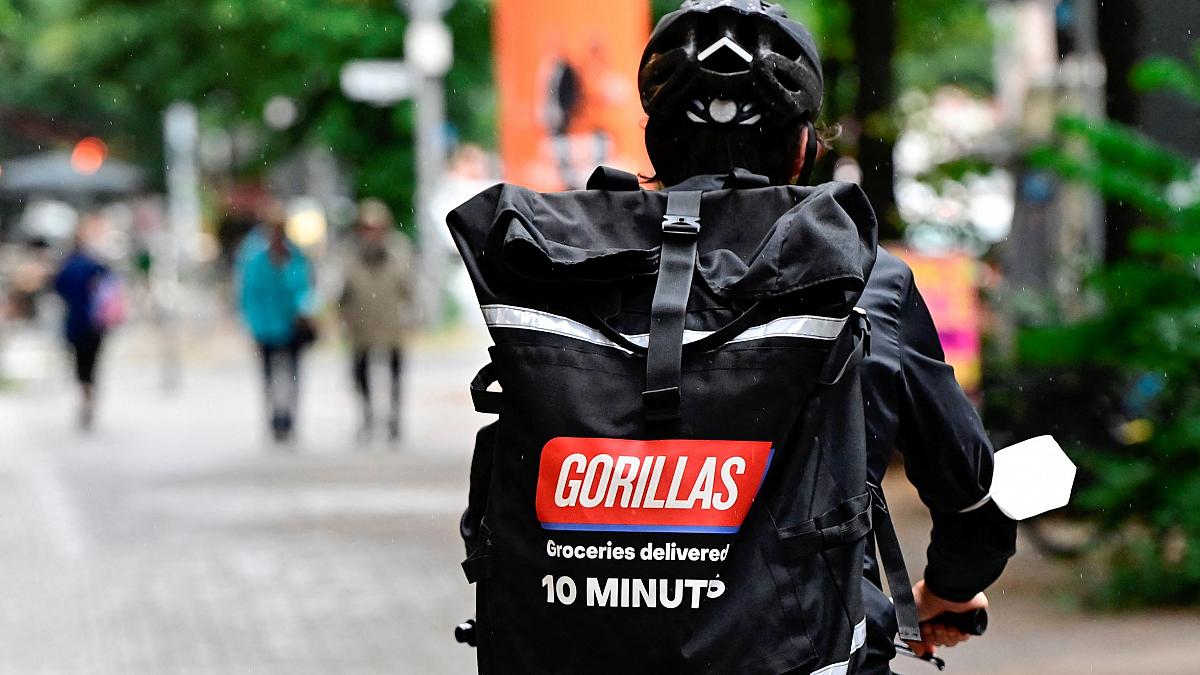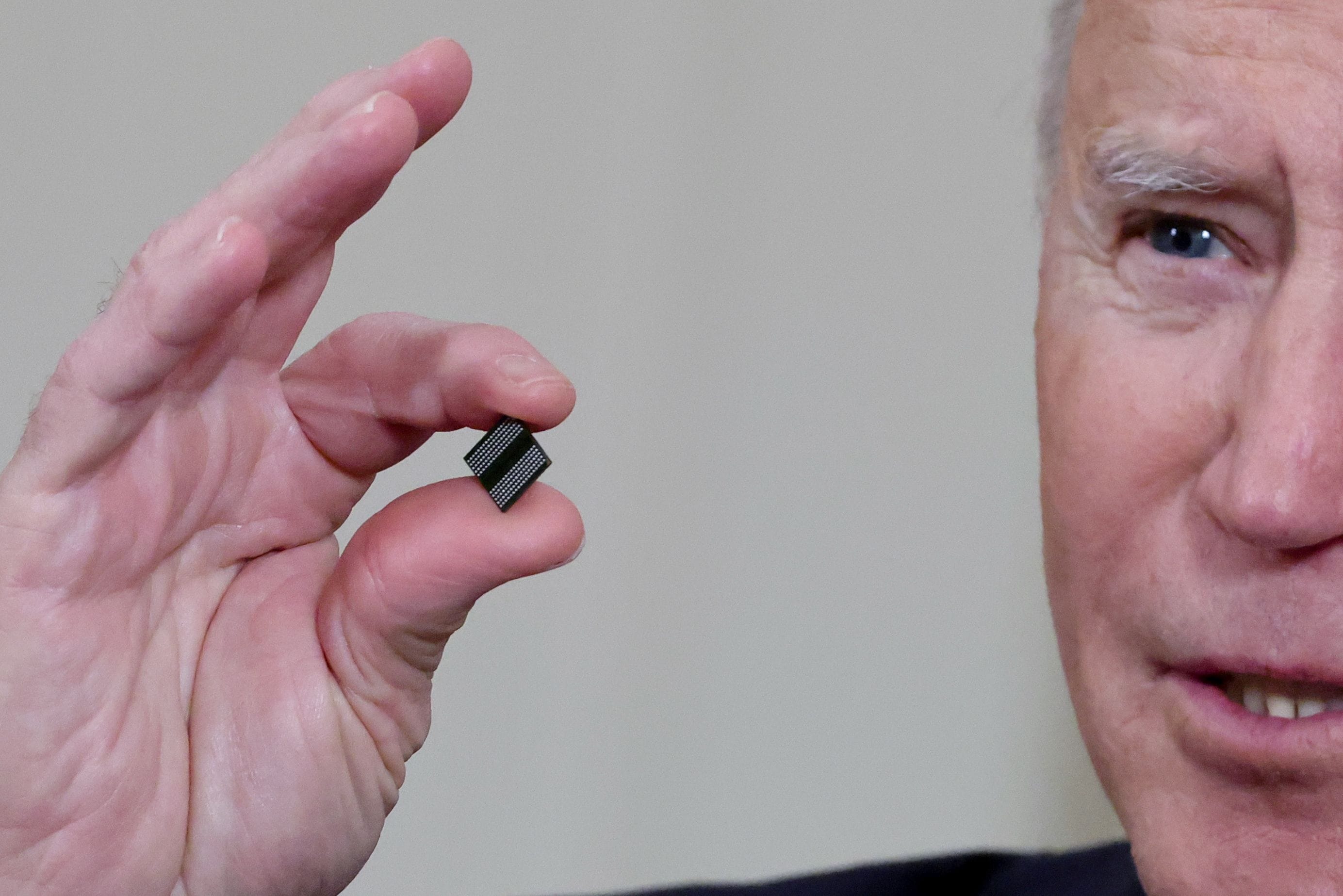Here's Dogland: dogs spend more money than most men in the world.
- The rich countries of this planet speak of a double standard, of a structural hypocrisy: they have organized a fruitful life by suppressing the property of others and people, covering the damage caused to the oppressed as the hidden cost of that well-being. A perverse system that turns citizens into accomplices, building a collective imaginary that distorts their history. This is how the German sociologist Stephan Lessenich speaks.
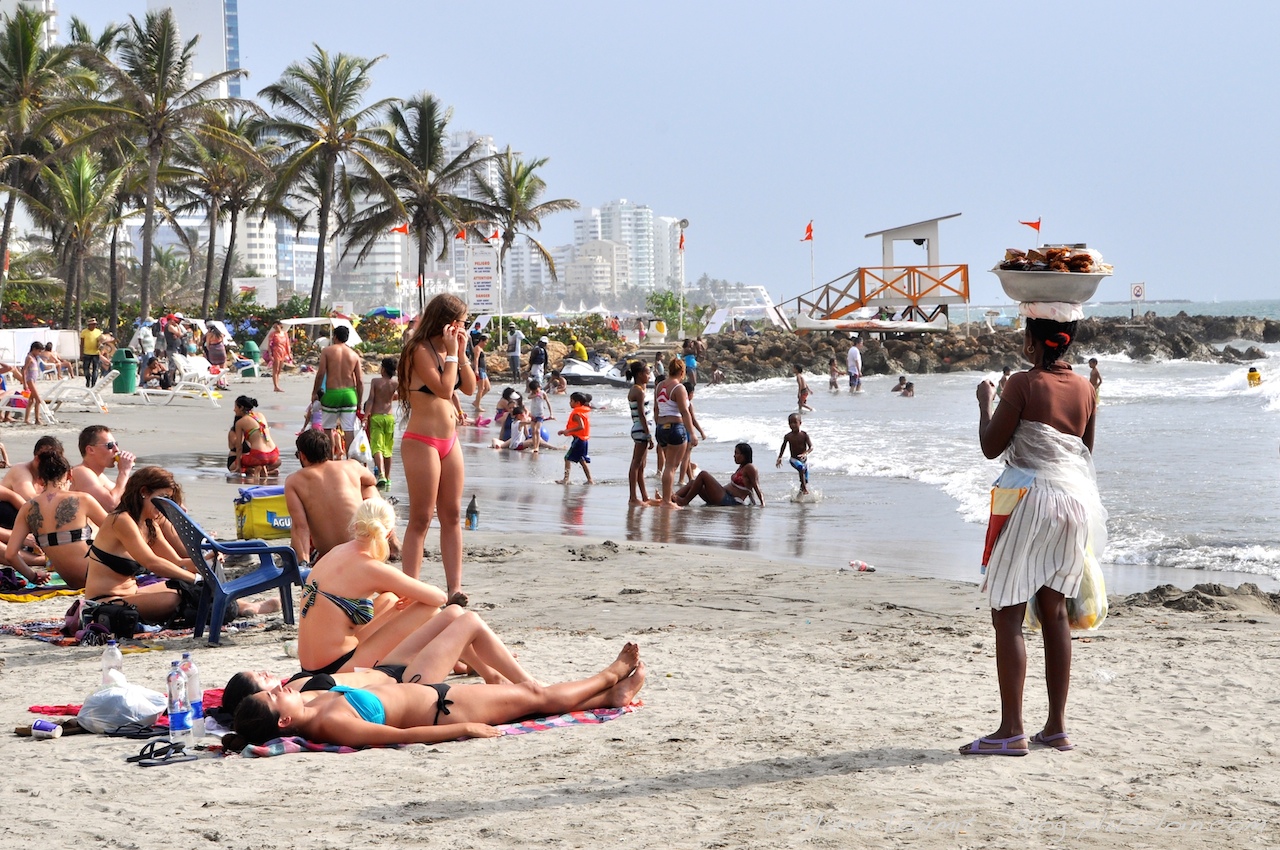
Suppose there is a country, Dogland, made up of the dogs that you have in your homes in the United States. If we were to count the cost of keeping these pets as a dog’s wage, the inhabitants of Dogland would be above 40% of the world’s average income population.
“Live well from others: In the book “The Hidden Side of Western Prosperity”, “Living Well at Others’ Expense”, translations in Spanish and French have been published this year. The German sociologist Stephan Lessenich uses Dogland to explain that the problem of the world is not only inequality, but that many of us who live in developed countries are accomplices to the perpetuation of that injustice. The author, Stephan Lessenich (Stuttgart, 1965), has been a professor at the University of Munich and has been president of the German Sociology Society for four years.

David Rodríguez Goyes, a professor at the University of Oslo, Norway, has thus underlined the importance of the book of Lessenich as one of its references. In recent decades, many intellectuals have shown how unfair and unbalanced the distribution of wealth is in today's world.
Since the 1950s, economists have often said that countries rich in biodiversity are condemned to war, poverty and oppression. And since the 1980s, injustice has been denounced by social movements around the world. However, beyond explaining the North’s oppression of the South, Lessenich has addressed another issue much less debated by intellectuals: how society does not want to see the unfair distribution of global opportunities for each other.
Such an American dream and the idea of the meritocracy implicit in it are today the main dominators of collective consciousness around the world, so we understand, on the one hand, that successful people owes their privileges to full-time dedication and, on the other, that those privileges are within anyone’s reach if they work hard enough.”
“Lessenich has taught us – Rodríguez wrote at the Resurgence, one of the branches of the mythical The Ecologist – that these privileges are inherited above all, either directly within the family or yes, structurally, within a nation and that hard work does not enter the equation. I have worked for more than ten years with the peasant communities of the south of the world and these instructions from Lessenich have left me no surprises. However, despite touching injustice so closely, I too am inclined to forget that many of my joys are often based on the suffering of other people and nature.”
In the article “The End of Collective Hypocrisy” published last summer by Stephan Lessenich himself, an attempt has been made to explain in this regard the rise in recent years of European right-wing populisms: recognizing that social inequalities have increased throughout Europe, socio-economic data do not explain how populism is growing in the middle classes, even at the social levels where there is no uncertainty. What feeds this populist wave from Denmark to Poland through Austria and the United Kingdom in such distant and different places?
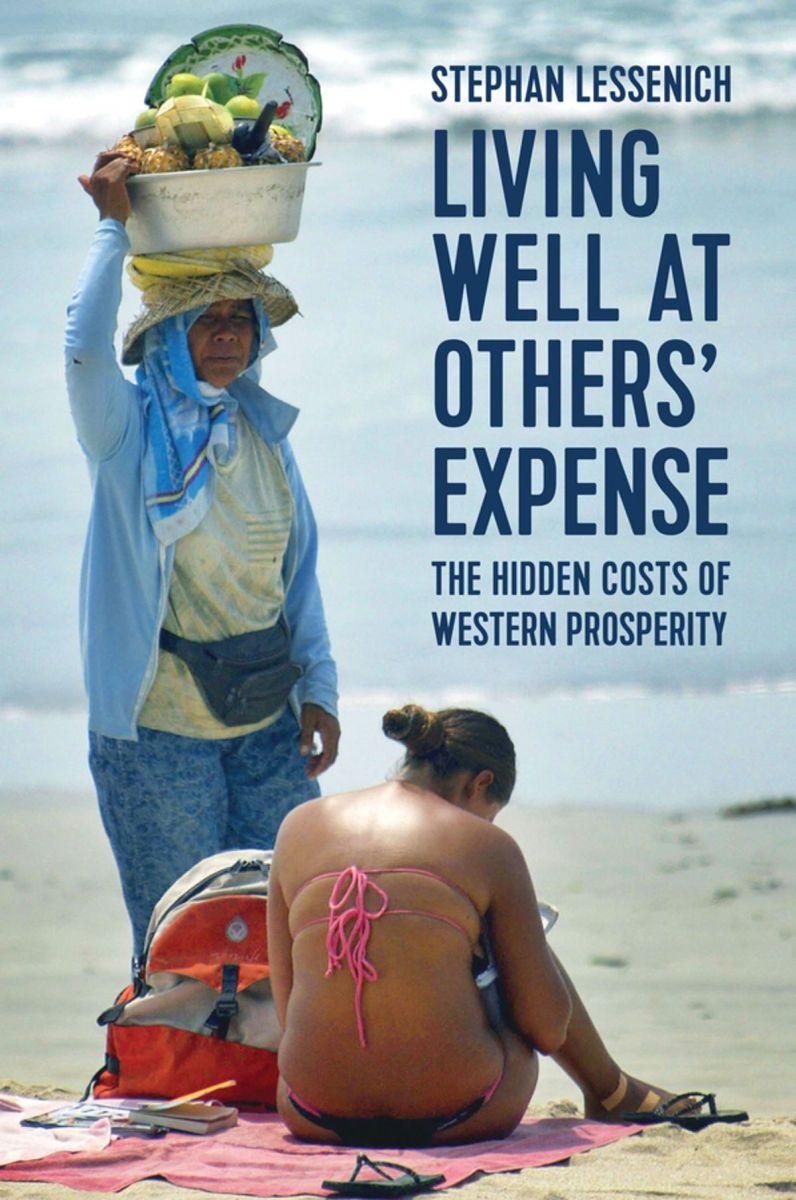
Outsourcing as boomerang back
The answer – says Lessenich- is: Throughout Europe people are beginning to realize that the social reproduction model that has been established in the West, the social model of democratic capitalism that has led to unprecedented economic well-being and political stability, is reaching its borders and will not last forever.
“Now, when the growing migration of the world is coming to the gates of Europe, when thousands of people are drowning in the Mare Nostrum, when climate change is not only being noticed on a remote island in the Pacific, but also in our parties...we have just realized that we live as if we were in another world, in a place where until now we have been protected from the misery that live in other places on the planet, we lose little.”
To make this global expropriation and oppression viable, rich countries deny underdeveloped countries the value they bring to their nature and to the work of their people. And they eliminate the costs of exploiting foreign, economic, social, ecological resources: the profits and productivity of the most competitive countries remain, the damage returns to the most vulnerable countries. That's the essence of outsourcing.
“Current innovation is that outsourcing has been strengthened, even though there are many challenges to sustainability, development aid and the need to address the perverse effects of globalisation. Indicators such as consumption, energy or the extraction of natural resources show that we are going to get worse. Now we are also seeing a boomerang effect: outsourcing returns to the West with migration and climate change.”

In Europe, Lessenich says, there is no stupid production, and less stupid consumption. We European citizens are making them work in the societies that we have, both illegally and legally but miserably, on industrial farms or in private homes for African immigrants, and at the same time it is said that they cannot receive refugees because societies are overwhelmed in their capacities.
Finally, with the imaginary created by the system to diffuse its character, it receives accomplices to all citizens: “This system is wrong, this structure denies you that you can be a dignified person. It forces you to hurt others, even if you don't want, just because you're a citizen of this country. (...) But doing it alone does not serve any purpose, the solution will necessarily be collective. We have collectively decided not to be aware of the consequences and influences of our way of life.”
Many people realise that this cannot continue, for Lessenich this demonstrates the strength that the Greens have taken in Germany. But at the same time, the Greens are proposing to people who listen to them that they will face climate change but that they will not change their lives, if they do so with fewer aircraft. “We have to change the way we consume and produce. We have to consume less, produce less; in the end, it is about having less”.
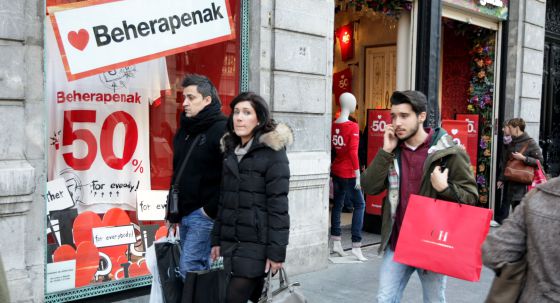
2021etik 2025era isuriak %15ean murriztu behar zituen industriak. Ursula Von Der Leyenek automobilgintzaren sektorearen eskutik ekintza plan bat aurkeztuko du martxoaren 5ean. Oraindik erabakia hartua ez badago ere, Europar Batasunak sektorearen eskaerak onartuko dituela diote... [+]
The devastating characteristics of today ' s global world, wars, ecological and social injustices herald an apocalyptic representation of the future anywhere on the planet. Echoes of the nuclear threat further dispel the concern of fear and concern, while politicians... [+]
The effective tax rate that Amazon paid in the last decade was 13 percent. By 2020, the 55 largest companies in the United States did not pay taxes. The effective rate on the profit of companies that in the Spanish state invoiced more than one billion euros was 4.57% in 2019... [+]


















